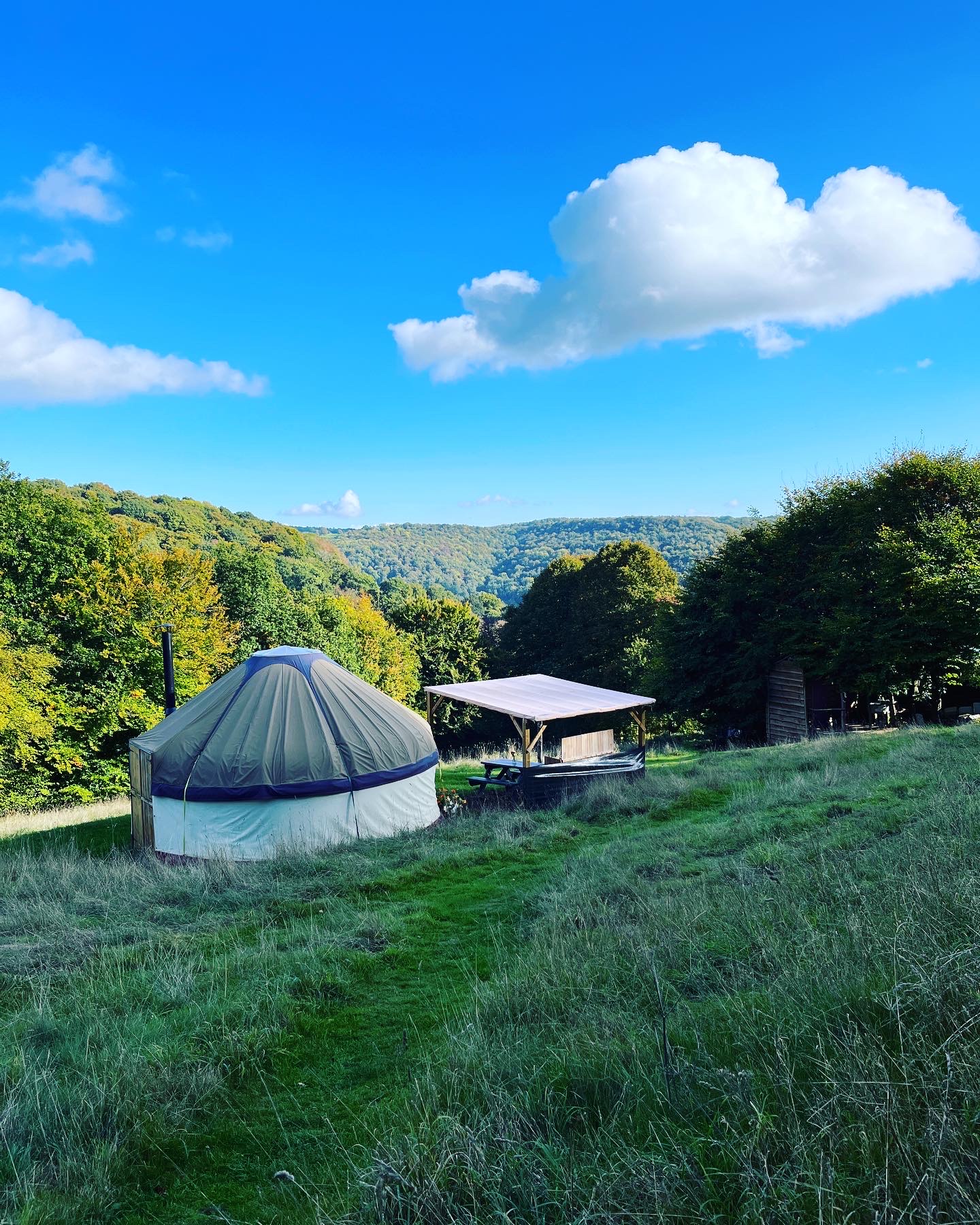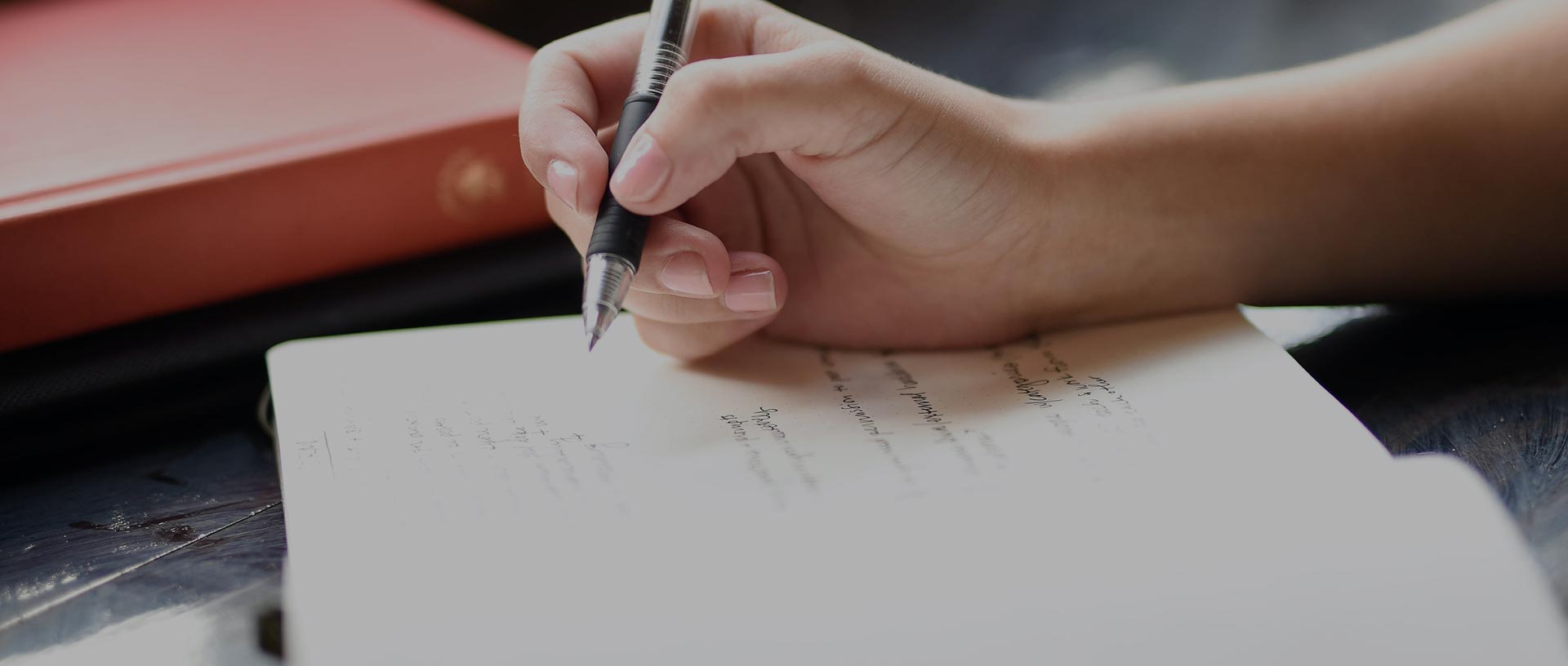There is a lot of freedom in creativity, it gives us the chance to express our opinions, emotions, our voices, and identity. Creative writing itself is an artistic form, which can give you a lot of freedom but it is also a skill that needs honing. Learning how to write creatively requires an open mind, focus, time, and effort. We are continuously learning, and improving our writing.
Creative Writing has many formats, such as novels, poetry, plays, audio scripts, television and movie scripts, and creative non-fiction. It is very different from academic writing, there is a lot more freedom in creative writing, it allows us to convey expression, emotions, and opinions, and that is why it is an incredibly valuable form of art. But sometimes it can be difficult to know where to start. Here’s how to start writing creatively.
10 Creative Writing Tips
1. Journaling
Think back to when you were little, did you start a diary? Do you still keep one now? If so, you probably wrote in it most days, if not, every day. This is essentially what a daily journal is, keeping our thoughts and memories in this journal.
The wonderful thing about keeping a daily journal is that it gives you the opportunity to write about whatever you want. It can be a really therapeutic exercise and very beneficial for your mental health too.
Why is journaling good? Keeping a daily journal is useful for writing because of three things. Firstly, it ensures that you are writing every day. Just like you need to warm up before exercising, your mind needs to be warmed up to write, you need to be engaged, you need to be thinking, and ready for what you want to be focusing on. It gives you the opportunity to phrase how we want things to be read, it is essentially practice.
Secondly, a daily journal is useful to see what our writing style looks like. How our voice and tone appear on the page, it gets us thinking our use of vocabulary, sentence structure and punctuation. It can be used as a guide for yourself. While no one else has to see your journal, it can be used as a way to determine what our writing style is and think of ways we could improve it.
Thirdly, you can use it as inspiration. In many ways this journal could be an ideas journal. In years to come you may look back through it and see a memory you want to use for your writing or use a thought and turn it into an idea. In our free creative writing guide we have some great journal prompts to get you started.
2. Keep Reading
If you want to inspire creative writing you can never read too much. Reading is an essential part of writing. It is through reading that you will appreciate the skills of how to start writing creatively, and the techniques and craft needed to become a good writer. There are different types of reading:
- Reading for pleasure – when we read for pleasure, we are reading for enjoyment. We are reading because we like the idea of a story, we like the way an author writes, we like that genre. We are essentially trying to determine what we do and don’t enjoy as a reader. This is important, especially if you want to have work published yourself, and good practice to see how a writer writes for an audience.
- Reading for craft – when we read for craft, we are looking to see how an author has created their work. We are looking at the style, the persona, the use of punctuation (or in some cases, the non-use of punctuation), characters and their world building.
- Inspiration – if you enjoy reading something, you’re more than likely to feel inspired. Using that inspiration can help you find new ideas.
- Finding the gaps – Author Toni Morrison once stated, ‘if there is a book you want to read, but it hasn’t been written yet, then you must write it.’ When you constantly read, it gets you thinking about ideas and topics that haven’t been written about, and that in itself can create inspiration.
- Poetry, blogs, the form you’re interested in – Of course, the sub-title says keep reading, and it is true this is very important. But it may be that you are interested in spoken word poetry or writing creative blog pieces. Whatever you are most interested in, research it, enjoy it and look into the craft process.
3. Join A Writing Group/ Workshop
A writing group can be described as writers who meet, share their work, and give feedback on each other’s work. A writing workshop is similar but centres itself around teaching and working out a structure that will help writers to work to their needs.
Both are incredibly useful if you are looking to begin your creative writing journey. It sounds daunting, the idea of sharing your work and receiving feedback, but it is an extremely useful way to ensure that you become a better reader. For instance, other viewpoints may be incredibly valuable because they can provide insight into what does and does not work, other ways in which sentences may sound better or even simple things, like character descriptions, or dialogue. Sometimes you may be asked to read your work aloud, and as scary as that sounds, it is incredibly useful to hear yourself read your work. From reading out loud, you yourself will be able to determine what flows, what doesn’t, where you are stumbling on words or where you need to add or takeaway punctuation.
4. Look For Writing Prompts
Sometimes, coming up with ideas to write can be challenging, our imaginations run dry, or maybe we want to give our brains a warm-up before we start looking at the project we want to do.
Writing prompts are a really wonderful way of making your imagination come to life. The great part about writing prompts is that every writer will have a different interpretation of it. You may have the exact same prompt, but you may choose a different genre, or use different characters or set it in a different place. Our experiences in life are all different and this may help you to choose how you write that prompt.
Writing prompts can be found in many ways. You can discover them on writing websites, books, magazines, in workshops, writing groups, and even on social media. In our free creative writing guide we have some great journal prompts to get you started.
5. Research Topics of Interest / Importance
If you are wondering how to improve your creative writing skills focus on what lights you up. What interests you? What is most important to you? Often these are good ways to start off thinking about what we could write about. Or maybe perhaps we are interested to find out more about what we don’t know. Either way, it could be a way to start researching, and most likely find some form of inspiration. Gathering research is a vital part of the creative writing process and is essential to creating our work.
Research could also mean visiting places of interest, you may think about going to a museum, or a familiar place, or a new one. Whatever way you choose to do research, it can be a really useful way to get your brain thinking about what topics/ genres you may like to write about.
6. Understanding Your Audience
When we write, understanding who we are aiming our writing towards can be a really helpful way to determine how we create our work. If you want to write for children, you will have to think about language completely different than that of a romance novel. If you want to write for children, what age group? What genre? When you understand your audience then you can begin looking into the current trends, find the gaps, read for craft, read for pleasure and research.
7. Take A Mindful Walk
Another way to awaken the imagination of our minds is to go exploring. When going for a walk, our senses are filled with what is surrounding us. We can smell lots of things, see the scenery around us, hear the sounds around us, feel what is around us, and even in some cases, taste (depending on where we are. Or if we’re going for a walk with a tea/coffee, and a nice cake!) All of this can provide a lot of inspiration, to absorb ourselves into the details of where we are, to create new places based on where we are, to observe others around us, or to admire the silence. Inspiration is everywhere, and that is a good start for someone who wants to write creatively.
But another good reason for walking, is because walking is a form of exercise, and when we exercise we are engaging our brains to release endorphins, these are what can be described as ‘feel good’ chemicals. Even if you struggle with finding inspiration, what taking a walk can also do to help is help us feel good about ourselves, and this may increase our motivation and productivity to write. It’s certainly worth thinking about!
8. Try A Timetable, Or Create a Schedule
Learning to write creatively takes time. A lot of us have busy lifestyles, and more often than not it can be difficult to motivate ourselves to write or use the excuse of ‘not having enough time.’ A great way to start making sure we keep engaged with our creative writing is to compose a schedule. It’s useful to have a look at the gaps in your days/weeks/ months to see where you may be able to find the time to fit your writing in. Even if they are only small snippets of time, it is still time you are making for your writing. Try and make it realistic so when you are able to achieve it you feel good about it.
9. Attend Events
Sometimes, meeting new people, attending events of interest are a great way to kickstart your writing. Depending on the event you may feel inspired to hear other people’s work, learn about their writing process, learn more about publishing routes, attend talks on specific topics/genres, go to a book signing or an open mic night.
These days, events, or groups can be found online, whether that is social media, searching online, on adverts, or through emails. Whatever you feel may help you or whatever you may be interested in, it’s worth having a look to see if there is something you may wish to attend. The Creatrix Journey runs online courses and retreats that get you out walking and writing. We also love the London Writers’ Salon who run daily writing sessions all around the world.
Take Note
Learning how start writing creatively alway start with ideas. They are the key to creative writing. As obvious as that sounds, it is true, without ideas we wouldn’t have anything to write about. Sometimes writers experience writer’s block, which can be described as the barrier which blocks an author from reaching their creative potential. Read our guide on how to overcome it here.
Ideas often come to us at random times, and yet they can be very easily forgotten if we don’t make a note of it. More often or not it can be really easy to think ‘I’ll remember that later’ and then end up becoming frustrated later on about that really good idea we did have. This is why it is really useful to ensure we keep a note of it somehow, whether writing it in a notebook or journal, making a note on our phones or a voice memo. Whichever way you want to do it, it is an incredibly useful way of utilising ideas, even if you don’t use them straight away, they can be useful for the future.
Creative Writing is a wonderful way of showing self-expression, emotions, and opinions and comes in many formats. Creative writing is a way for us to develop our imaginations, broaden our writing skills, as well as build upon new techniques. But it is important to also consider what can help us to kickstart our writing journey, such as reading for inspiration and improvement, reading for pleasure, researching, attending writing groups, and writing events, or even simply taking a mindful walk. These are all aspects that will help you boost your creativity and enhance your creative writing.
We hope this guide has given you some inspiration to get started. Your creativity is limitless and when you find yourself in creative flow there is nothing quite like it. If you want some more help learning how to start writing creatively download our free guide here.




